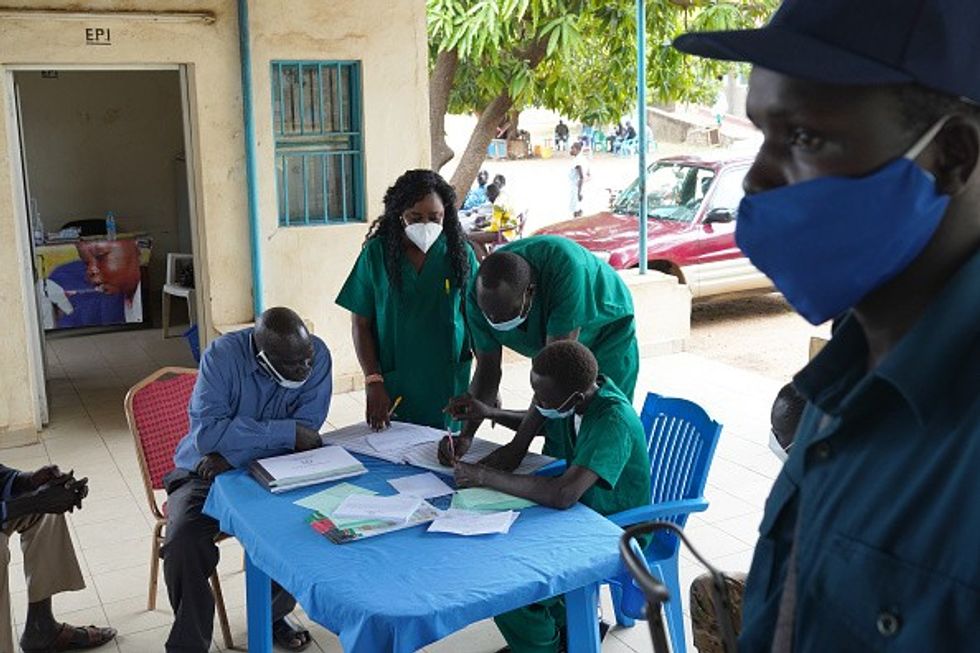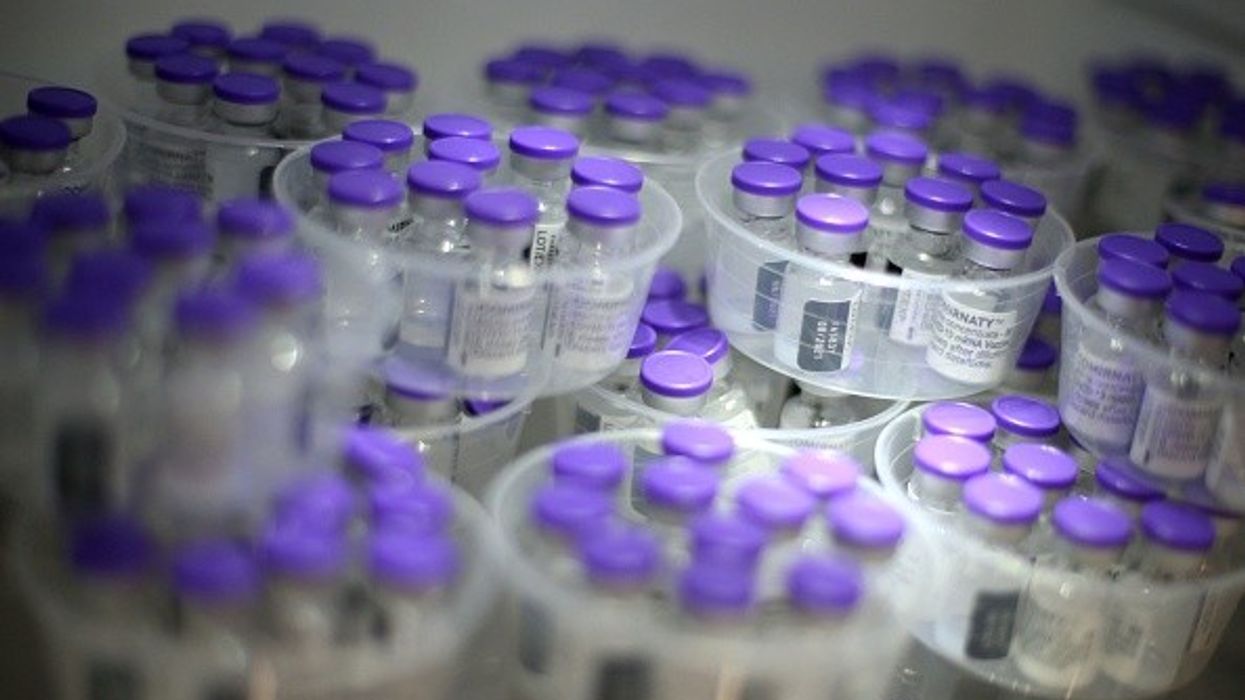WORLD bodies have warned richer countries, including the UK, to donate jabs to poorer nations or face the grim prospect of millions more global deaths and future lockdowns.
In a joint plea, the heads of World Health Organization (WHO), the International Monetary Fund, World Bank Group and the World Trade Organisation asked wealthier countries to give more Covid vaccines to poor nations or risk new variants bringing fresh outbreaks.
A "dangerous gap" is emerging between richer and poorer nations in the availability of jabs which risks creating a "two-track" pandemic, the letter, details of which were published in The Daily Telegraph (1) said, adding that inequitable vaccine distribution is not only leaving millions of people vulnerable to Covid-19 but is also allowing deadly mutations of the virus.
Revising their target to vaccinate 30 per cent of the world's population by the end of 2021 to 40 per cent, and 60 per cent by the first half of 2022, the world bodies have called for $50 billion (about £35.24bn) in new spending commitments, much of which will be granted to help developing nations with vaccination schemes.
"Investing $50 bn to end the pandemic is potentially the best use of public money we will see in our lifetimes. But the window of opportunity is closing fast. Ending the pandemic is a solvable problem that requires global action – now,” according to the plea.

As of now, about 48 per cent of the UK’s adult population is fully vaccinated, while almost 75 per cent of adults have so far received their first dose of vaccine. The UK is also said to be planning a third “booster shots” in autumn, something which world bodies pointed out in their plea.
"Even as some affluent countries are already discussing the rollout of booster shots to their populations, the vast majority of people in developing countries, even frontline health workers, have still not received their first shot."
The plea comes a few days ahead of the G7 world leaders’ meet in Cornwall where they are expected to agree on a breakthrough on commitments to help vaccinate the populations of developing countries.
While the UK has already donated about half a billion-pound contribution to COVAX, which has delivered vaccines to 120 countries and territories, the leaders of international bodies claim that rich countries are still falling short of what needs to be done.




